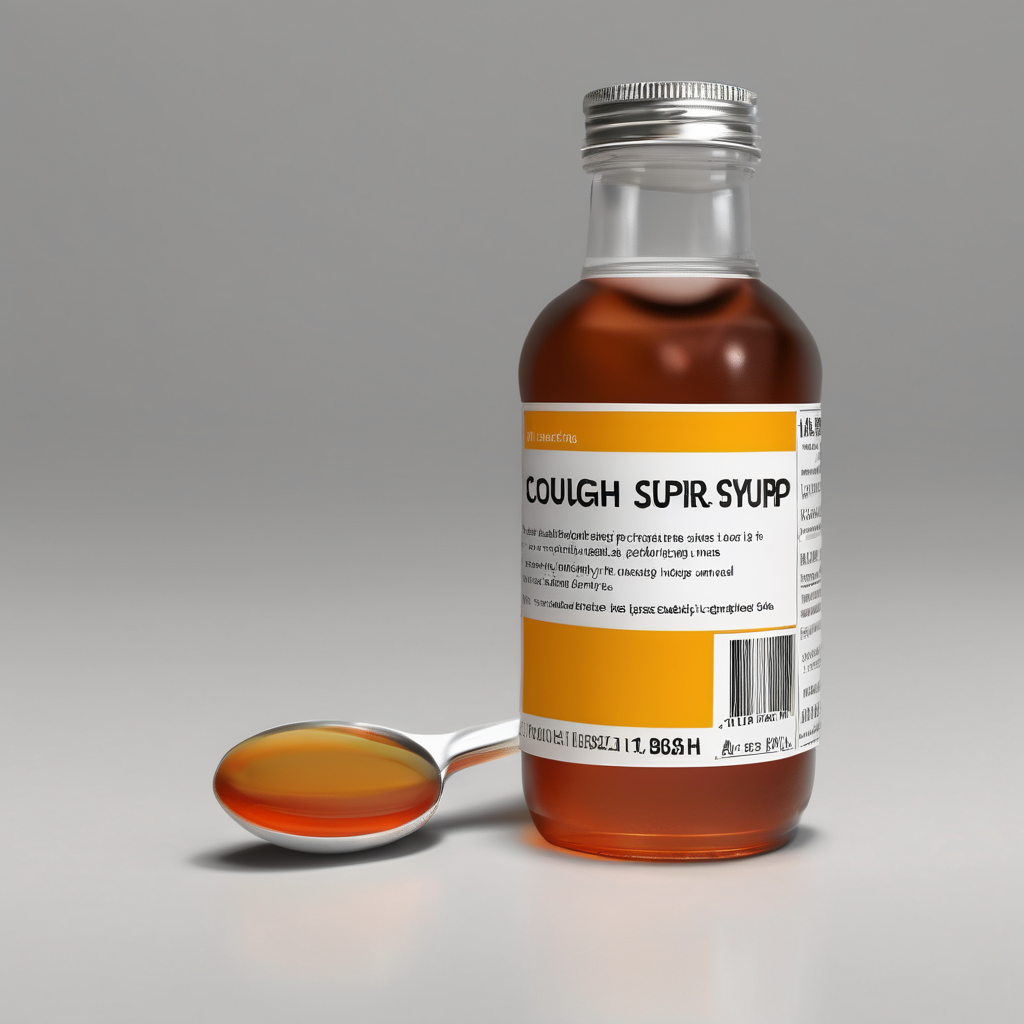India is under increasing pressure to enhance regulations surrounding cough syrup sales following the tragic deaths of at least 24 children who ingested a local medicine, Coldrif, produced by Sresan Pharma. A World Health Organization (WHO) representative, Rutendo Kuwana, highlighted the critical need for sustained efforts to eliminate harmful substances in medications, revealing that the toxin diethylene glycol was present in the syrup at alarming levels—nearly 500 times above the safe limits.
This incident is particularly concerning as it echoes a prior crisis involving the deaths of 300 children due to toxic components in syrup-based medicines from India and Indonesia just two years ago. Despite some advancements in quality control, the WHO has noted significant gaps in enforcement. While new regulations now require testing for harmful contaminants in medicines destined for export, there remains a lack of such requirements for domestic products, leaving local consumers vulnerable.
Kuwana expressed cautious optimism in her remarks, recognizing the progress made in improving safety standards but insisting that much work remains. She called for a robust regulatory framework that can adequately monitor the vast number of manufacturers operating in India. Although Indian authorities have promised to eliminate the export regulations once companies upgrade their facilities to meet international standards by the end of the year, doubts linger regarding the efficacy and promptness of local regulation.
Health officials in India, including representatives from the health ministry and the Central Drugs Standard Control Organisation (CDSCO), have yet to provide a clear response or action plan addressing these urgent developments. The repeated calls from the WHO for comprehensive systematic testing throughout the production process stress the importance of not only checking products at the end of manufacturing.
This distressing scenario highlights the pressing need for stringent safety protocols in pharmaceutical production, particularly to safeguard children and other vulnerable populations. It marks a crucial moment for India to strengthen its regulatory frameworks and elevate public health safety standards as it navigates these challenges. With ongoing advocacy for reform and strict enforcement measures, there is hope that similar tragedies can be prevented, ensuring that medicines are both effective and safe for all consumers.
